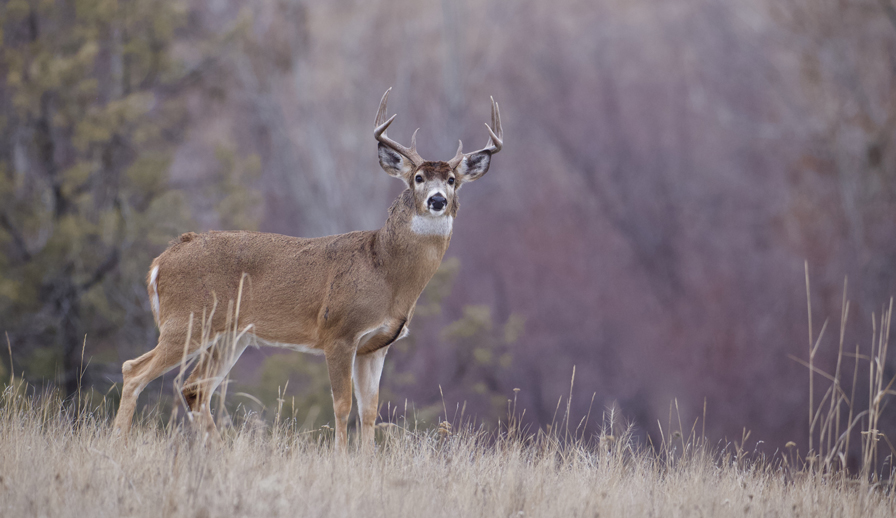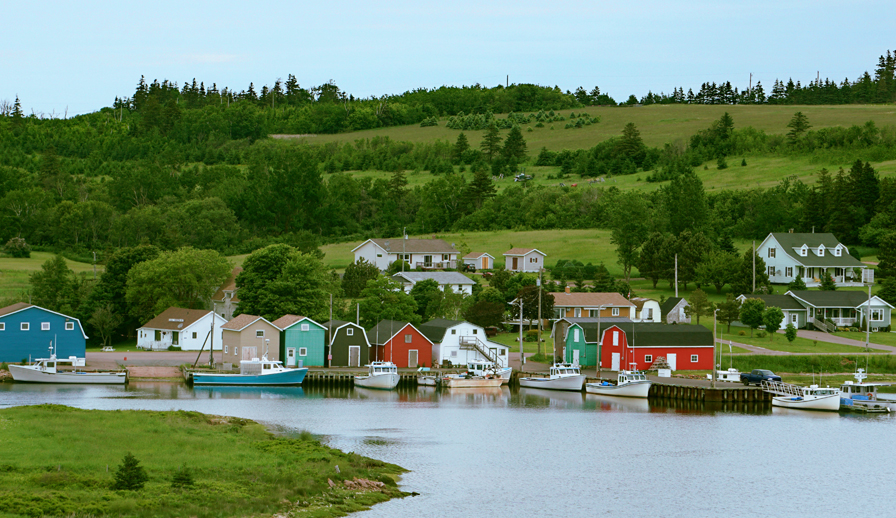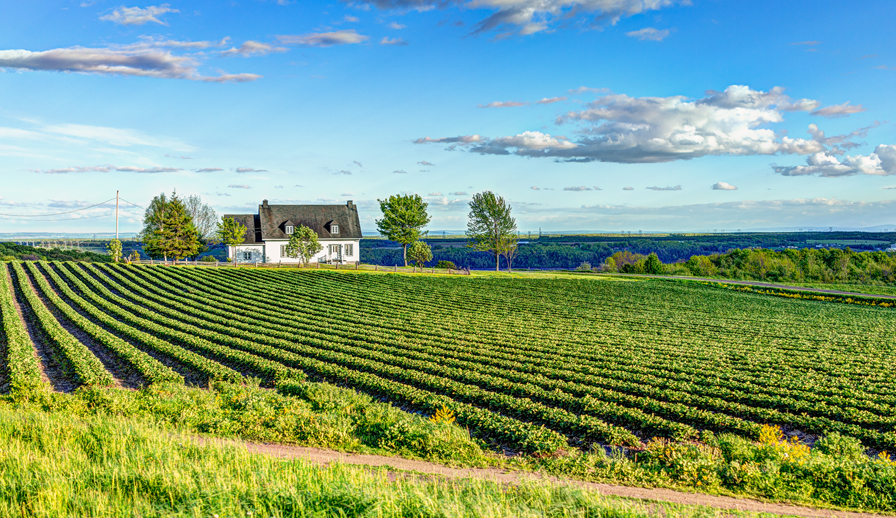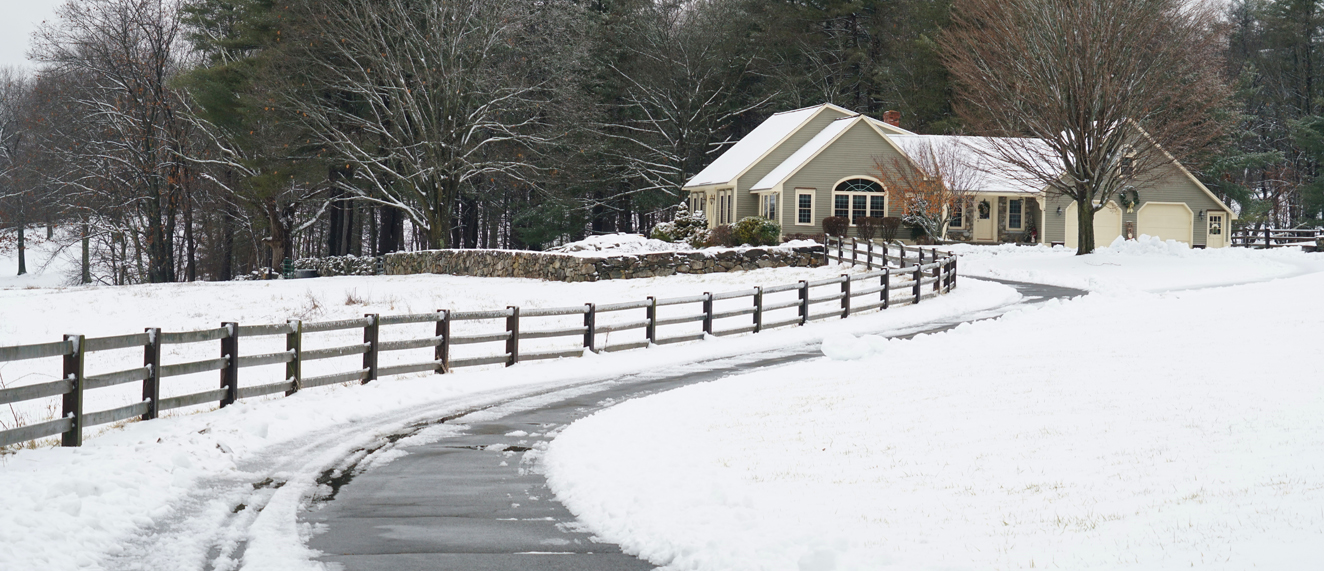Struggling to find content to share on your social media pages?
Stop scrolling through Instagram and Facebook. All you need is REALTOR.ca.
Our consumer lifestyle blog, Living Room, offers content including home improvement, market trends, DIY projects, neighbourhood guides and profiles on unique homes. Living Room publishes exciting new content four times a week (with unique French content for our Francophone fans).
While CREA Café is curated specifically to help your business grow and thrive, Living Room content is perfect to share with your clients.
Owned and operated by the Canadian Real Estate Association (CREA), REALTOR.ca is the No. 1 real estate platform in Canada (Comscore, 2020) with MLS® System listings from across the country.
Share this blog with your clients and followers with the Facebook button below!
You can also follow REALTOR.ca on Twitter, Instagram and Pinterest.
You can read the original blog here.

Doesn’t it make sense to live in the place you love to visit? Moving to the country is an easy dream, and with the continued “space stress” of the COVID-19 pandemic, wide open spaces beckon. Can you see yourself lost in the blur of butter yellow sunflower fields now? Clean sheets blowing on the line? Collecting still-warm eggs from the coop? Can you taste the tart cherries from the roadside stand?
While city living has its perks with 24/7 access to groceries, gyms and sushi take-away, the country counters with a deeper connection to nature’s rhythms, meandering trails, starry skies, privacy and silence.
The road less travelled
If you’re considering a rural home, be prepared for transitioning to life on a gravel road. This can translate into additional car maintenance like frequent tire alignment. Also, “secondary roads” are not the first priority to be plowed, unless you live on a school bus route. Seasonal roads (common in cottage country) are generally not maintained by the city, however, there’s usually a local, hardy year-round resident with a tractor and plow offering snow removal services.
On the road less travelled, you might not have the option of traditional newspaper delivery and garbage pick-up might be bi-weekly. Ask your REALTOR® about waste disposal and recycling service and whether “bag tags” are required. Most rural communities don’t offer green bin composting but you will have the option of a backyard composter in the country. Be mindful of the local wildlife though as they take great pleasure in a pop-up compost picnic!

Oh dear, unexpected dinner guests!
If you’ve ever wondered why country residents have old blankets at the end of their driveway—look up! Crows and wayward gulls love garbage day and the greenhorn homeowners who place unprotected bags and bins at the end of driveways. Placing a blanket on top will deter the picnickers in a pinch.
Bears can also be a concern in some areas and this will become evident if you notice neighbours with bear-resistant bins. You might have deer to contend with as well—just when you thought you’d have less company by moving to the country! Before you visit your local nursery, make note of the plants and shrubs deer love and loathe to save yourself both money and heartache! If your deer-resistant perennials are still attracting a crowd, the quickest solution is a bar of soap! Really.
If you’re shifting from a tiny urban balcony garden to acreage, have fun experimenting with raised garden beds or try growing vegetables in straw bales. *Be sure to check your plant hardiness zone first.
The birds and the bees
Moving can be a catalyst for change in all aspects of your life. Why not audition some new hobbies? Birdwatching and stargazing are natural gateway interests synonymous with country living. While binoculars and a guide are a budget-savvy investment, try out a few astronomy apps on your phone before taking the Hubble telescope plunge!
Chickens and beekeeping can be time consuming pursuits with steep learning curves, but endlessly rewarding. These pursuits can also be the perfect way to meet and network with your seasoned neighbours. Have kiddos? Enrol them in a local 4-H group or the Cloverbud program for the younger set.

Staying connected
If you own a home-based business, connectivity is paramount. You may need to purchase a wireless data hub to avoid spotty cell reception and sluggish internet (buffering Netflix!). Another solution could be a local co-work or “independent workforce” shared space in the community.
If you’re thinking of building a tiny home, opening an Airbnb or operating a short term rental at your country property, investigate the municipality’s guidelines first to avoid disappointment.

Sage advice from a REALTOR®
Wayne Baguley, a savvy sales representative with Royal LePage RCR Realty, Brokerage who specializes in hobby farms, equestrian farms, acreage, waterfront, rural and agricultural listings advises buyers are fearless and “ready for a more relaxing, slower pace and lifestyle change. When people say to me, ‘my, it’s far,’ I think… far from what? Your former home you just sold? My reply is, ‘it’s not far at all if you live here,’ and it’s so much easier now with the growing communication systems and highway networks.
When looking for the right country property, relax and embrace the experience. The perfect property will come along and you will know in 20 to 30 minutes you have found it because it will grab you with three wonderful words, heart, love and passion. Inside you will feel this is home! Make sure to work with professionals specializing in country properties for all aspects of the adventure from the real estate salesperson and home inspector to the appraiser, bank and lawyer.”
Ashley Barker, a REALTOR®, broker and team leader with The Bruce Peninsula Real Estate Team acknowledges “country living isn’t for everyone, however, it’s not as hard as many think it to be! Country living is often known for its slower pace, friendly neighbours and fresh food—and those things can’t be beat!”
Barker, who lives on a cattle farm near Wiarton, Ontario knows living in “the boonies” has its hardships. “There are power outages, longer commutes for gas and groceries, lack of cell service…but I tell those who are new to the area to plan ahead, be prepared, and if the weather is bad, just stay home!”
For Barker, the wildlife is the best, unexpected part of rural living. “It isn’t every day you can say you saw a bear, coyote or on one particular day while showing a home to a client, a gorgeous lynx! They’re often more scared of you, and just meander on their way. If you respect the wildlife, it will respect you.”
“The biggest advice I have for someone looking to buy in the country, is to find a local agent to help! Wherever you’re looking, you need to have someone who’s familiar with the area, local zoning bylaws, water systems, septic systems, and any restrictions. Plus, local agents also know the best restaurants, beaches and who to call for service professionals. Local REALTORS® are here for you even beyond closing and know the area best.”
Maybe you want to pack up and move as far North as one can be. Here’s a helpful guide to what life is really like in the Territories! Toying with the idea of going off-grid? Check out this homesteading life tutorial. If it’s waterfront or bust, here are 8 questions to ask before purchasing a waterfront property. As always, be sure to connect with a local REALTOR® who can offer important insights and recommendations tailored exactly to your needs and budget.




